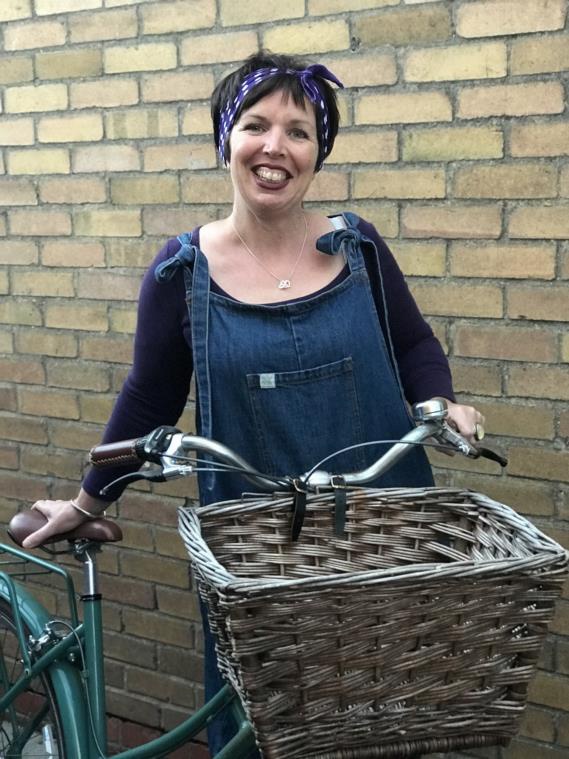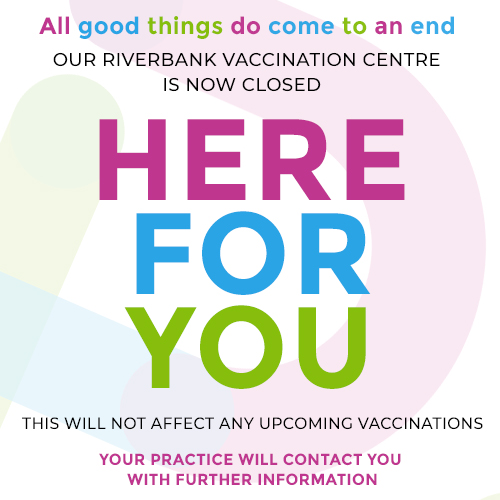Meet…Sharon Hartmann!
Sharon, I am dying to ask you this…how did you cope when your twins were born?
It was turbulent and I felt extremes of happiness and exhaustion. We were living away from close friends and family as the girls’ dad was finishing his training as an Anaesthetist in Ninewells hospital, Dundee, where the girls were born. I had a healthy but difficult pregnancy because the girls were sizable babies for twins. I delivered them by emergency C-Section at 38 weeks in Dundee, Scotland. Due to some of the health issues from carrying a multiple pregnancies I had muscle waste in my legs so it took me a solid month to physically build my strength to walk unaided. I realise I am an immensely determined and mentally strong person which has carried me through life as a mum.

I have only been pregnant once with the girls so I can’t compare my experience to any other pregnancy. Overall, it was really positive, I can’t say it was easy and it’s probably the hardest job I have ever done both physically and mentally. Routine was key!!
Tell us a bit about you and why you chose nursing as a career.
I can’t ever remember not wanting to be a nurse. If I ever entertained other career options, they always seemed to run in parallel to nursing! My aunt was a nurse and I idolised her. She was matron at a residential home that offered respite to people with either physical or mental ‘disabilities’. Her respite home was situated in the heart of Dartmoor and I used to spend weeks with my Aunt as a young girl at the home whenever my family were in the UK.
When I was in college, I studied a ‘pre-nursing course’ and managed to get a job as a nursing auxiliary in a local hospital for the elderly for a few months before starting my nurse training. I was a student nurse in Dorset, however, I never considered myself academic. Following a few years of nursing on a female surgical ward, I went on to study Children’s Nursing in Leicester and worked on a variety of wards including a High Dependency children’s unit.
You love all things menopause – tell us a bit about your passion in this area?
For many years when I moved to Weston, I worked as a specialist nurse for a young person’s health service. While in this job, I became a nurse prescriber and studied further courses in contraception and sexual health. It wasn’t long after securing my current role at Tudor Lodge surgery I noticed a thematic concern with women in their 40’s, who all seemed to have problematic menstrual issues or symptoms of menopause.
I feel passionate about this area of women’s health because it has been badly neglected and poorly represented globally. It has caused women to spend money on alternative therapies which are typically more damaging than evidence-based.
Going forward, I would love to offer a service within Pier Health to broaden the delivery of menopause care within a Hub service in which I can support the learning of other health care professionals and provide a welfare service for staff working within Pier Health.
Would you encourage nursing as a career to a close friend and why?
Absolutely! A dear long-term friend of mine has just completed her midwifery training at the stunning age of 54. My mantra to her pre-training was always ‘you only regret the things you don’t try. The question I always asked her when she was doubting her decision to apply was always ‘well why not?’. I am thrilled about her achievements and for the opportunities before her. It hasn’t been easy at times juggling family and training, but there’s no regret in her decision and she has secured her first post-training midwifery job. Nursing is a fabulous career.


